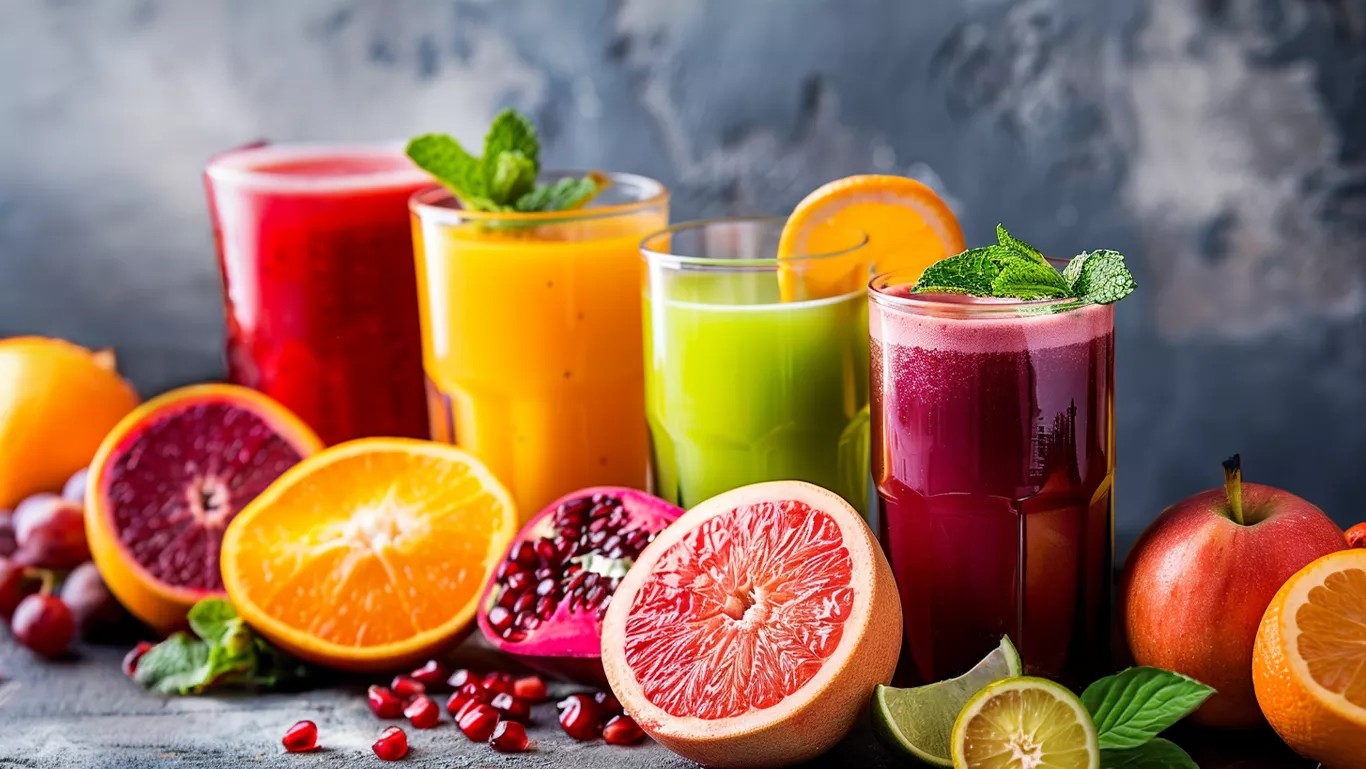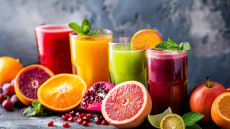- This introduction explores the evolving trends in fruit juice consumption and aims to provide a balanced view of its place in a healthy diet.
- Fruit juice has become a staple in many households and is widely consumed for its refreshing taste and health benefits. Natural fruit juices, especially when freshly squeezed or cold-pressed, are rich in essential vitamins and minerals like vitamin C, potassium, and antioxidants.
Fruit juice has been a popular beverage for a long time, celebrated for its refreshing taste and perceived health benefits.
With growing awareness of healthy living, more people are taking fruit juices as a convenient source of vitamins, minerals, and antioxidants.
However, as the market for fruit juices continues to expand, so do questions surrounding their nutritional value. The sugar content, processing methods and portion size are some factors that must be explored.
Fruit juice has become a staple in many households and is widely consumed for its refreshing taste and health benefits. Natural fruit juices, especially when freshly squeezed or cold-pressed, are rich in essential vitamins and minerals like vitamin C, potassium, and antioxidants.
These nutrients come in handy in supporting immune function, improving skin health, and boosting energy levels. For instance, in an attempt by individuals to gain essential nutrients, they may opt to take orange juice believed to contain high vitamin C content, while apple juice provides a good source of fiber and antioxidants. These health benefits make fruit juice an appealing choice for those looking to increase their intake of essential nutrients.
However, fruits are created and processed differently. Most of the produced juices in the market are processed and parked and may contain preservatives, added while freshly made juices offer a range of benefits and artificial flavouring rings. This can reduce the nutritional value of the juice and contribute to excessive sugar intake; this can result in health problems such as obesity, diabetes, and heart disease.
When choosing fruit juice, it is paramount to counter-check labels for added sugars, opt for 100% pure juice, and, most preferably, consider making juice at home to ensure maximum nutritional value. Furthermore, juice should be consumed in moderation, as its high sugar content—mainly in concentrated juices—can lead to a spike in blood sugar levels.
In recent years, people have returned to organic and cold-pressed fruit juices, which are seen as healthier options. Cold-pressing preserves the juice’s nutrients by avoiding the heat typically used in traditional juicing methods. Additionally, organic fruit juices are free from synthetic pesticides and fertilizers, appealing to health-conscious consumers. With increasing demand for healthier and more sustainable options, brands have started focusing on producing organic, no-sugar-added, and cold-pressed juices to meet the needs of this growing market.
Despite the many benefits of fruit juice, experts often recommend consuming it alongside whole fruits to maximize fiber intake. Whole fruits, unlike juice, contain fiber that helps with digestion, reduces hunger, and stabilizes blood sugar levels. Therefore, while fruit juices can be a convenient and tasty way to consume vitamins, they should not replace whole fruits in the diet.










